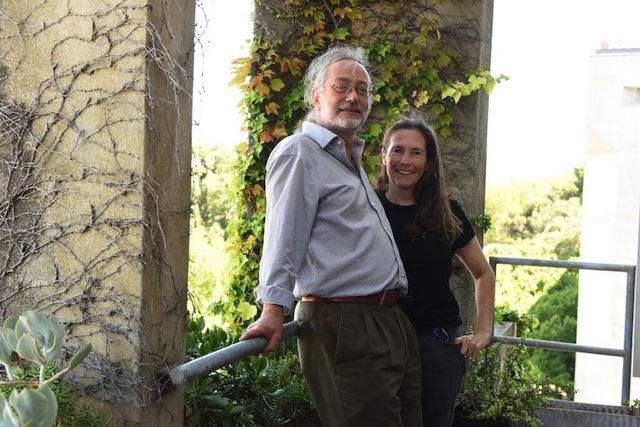Nicoli Nattrass and Jeremy Seekings: unemployment and public policy
08 March 2016 | Story Natalie Simon. Photo Michael Hammond.
South Africa has always been a country of insiders and outsiders, and today one of the biggest fault lines in society is between the employed and the unemployed. For Nicoli Nattrass, professor of economics in the Centre for Social Science Research (CSSR) and her husband, Jeremy Seekings, professor of political studies and sociology and director of the CSSR, the burning question remains: how does government policy shape this divide, and who 'wins' who 'loses' in South Africa.
South Africa has always been a country of insiders and outsiders, and today one of the biggest fault lines in society is between the employed and the unemployed. For Professor Nicoli Nattrass, professor of economics in the Centre for Social Science Research (CSSR) and her husband, Professor Jeremy Seekings, professor of political studies and sociology, and director of the CSSR, the burning question remains: how does government policy shape this divide, and who ‘wins’ and who ‘loses’ in South Africa?
“What we did back in the 1990s was to try to understand the dynamics of poverty and inequality in a longer historical context,” says Seekings. Their work, for which they won the Alan Pifer Award, culminated in a book titled Class, Race and Inequality in South Africa.
Nattrass and Seekings argued that the history of exclusionary economic policy in South Africa predates even apartheid. A set of institutions and public policies were designed and developed along racial lines in the 1920s and 1930s. These same institutions and policies were then used during apartheid to protect white workers against outsiders - in this case black workers. By the late 1980s and early 1990s, as the apartheid state crumbled and democracy took root, black workers became the new insiders, benefiting from those same policies and institutions of exclusion. Unemployed men and women, mostly in rural areas, became the new class of outsiders.
But, say Nattrass and Seekings, their arguments fell on mostly deaf ears among policymakers and government. More recently the couple have tackled why it is that their research was so politically unpopular. Their follow-up book, due to hit the shelves in 2015, is titled Policy, Politics and Poverty. This second book examines the politics behind poverty and inequality.
“It is interesting to note that the policy and research agenda that got us interested in the work we won the Alan Pifer Award for is the same research we are doing again,” says Nattrass. “Poverty and inequality is a very enduring question in South Africa, probably the most fundamental one.”
 This work is licensed under a Creative Commons Attribution-NoDerivatives 4.0 International License.
This work is licensed under a Creative Commons Attribution-NoDerivatives 4.0 International License.
Please view the republishing articles page for more information.










